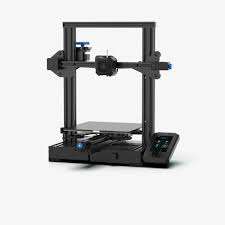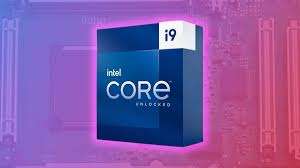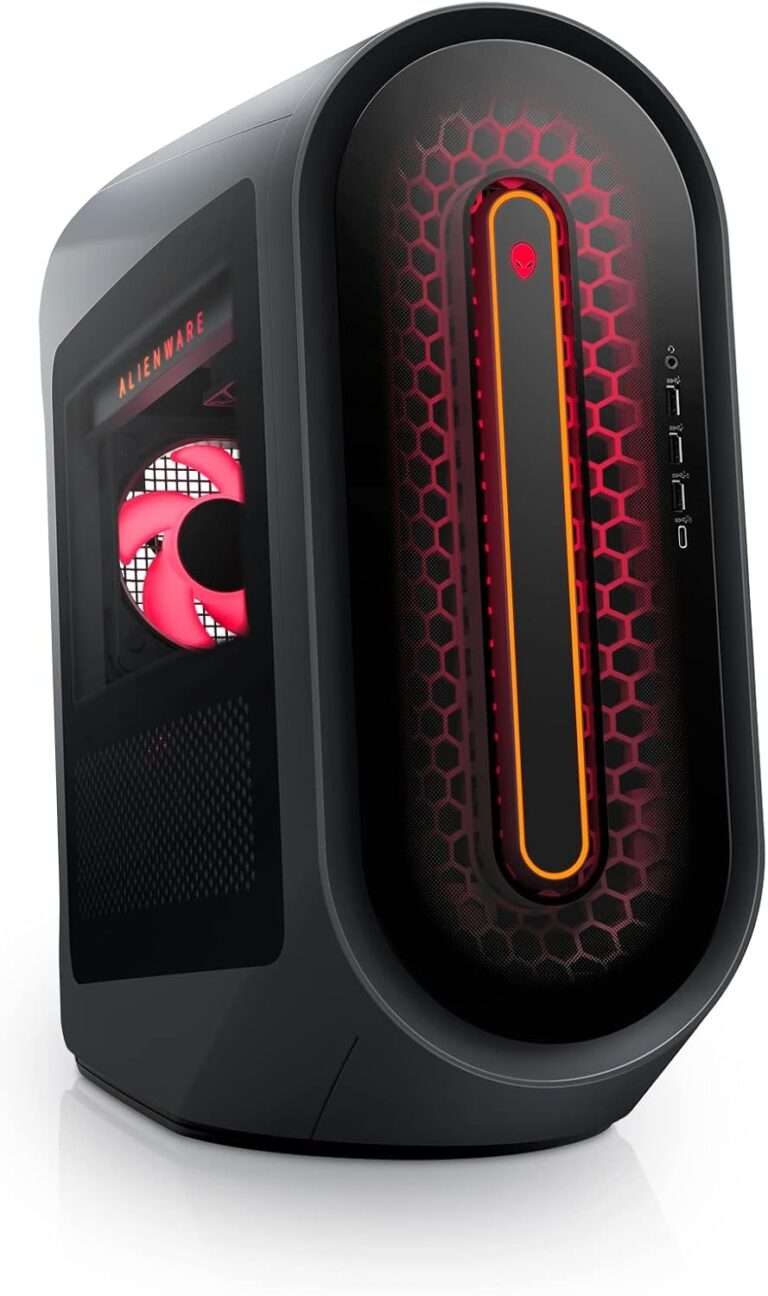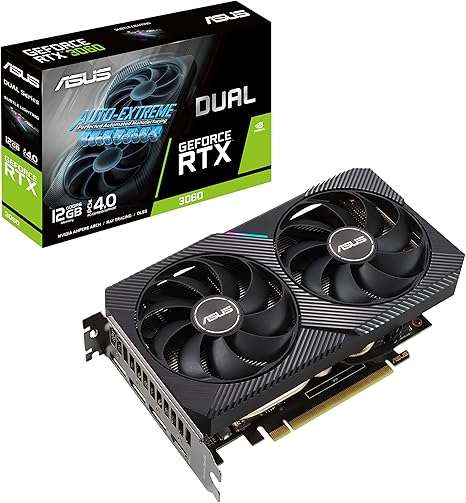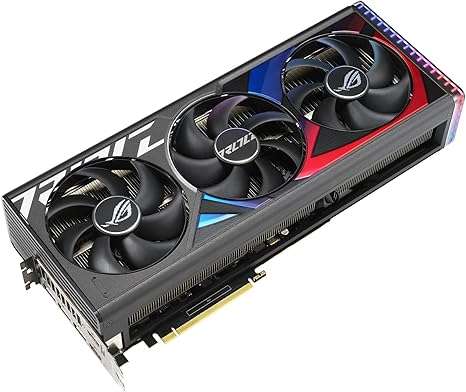Best Programming Languages in 2025
The Best Programming Languages in 2025
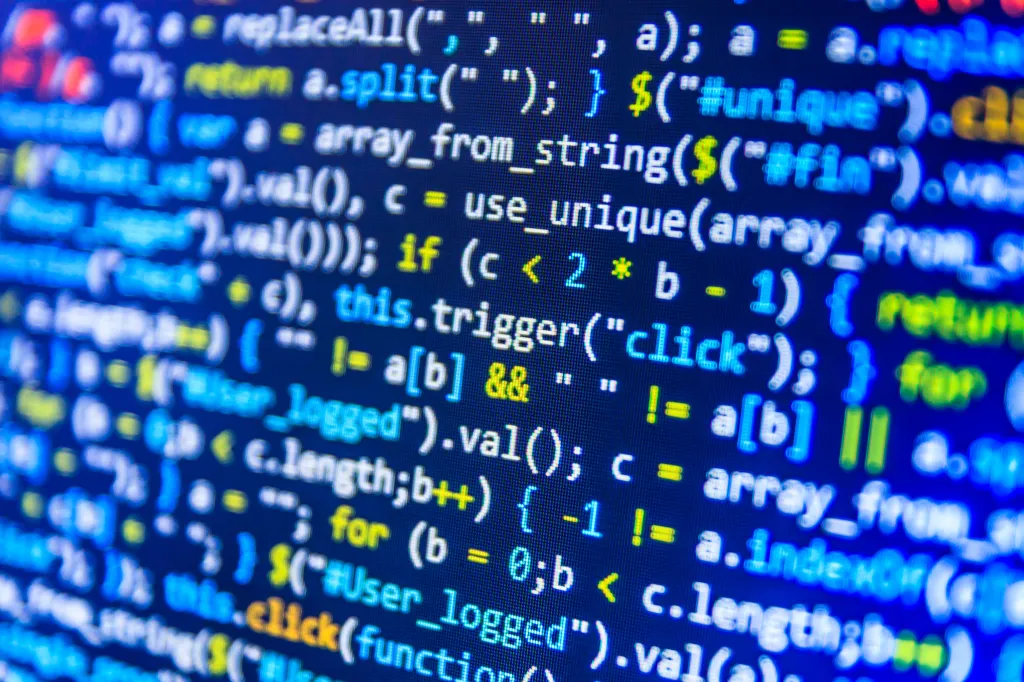
The Best Programming Languages to Learn in 2025: Top Picks for Every Developer
In the world of programming, choosing the right language can have a significant impact on your development journey. Whether you’re building web applications, diving into data science, or creating mobile apps, the right programming language can determine how efficiently you work and the scope of projects you can undertake. As we move through 2025, the programming landscape continues to evolve, with certain languages rising to prominence due to their versatility, performance, and community support.
Here’s a breakdown of some of the best programming languages to learn in 2025, each catering to specific needs, from general-purpose coding to specialized fields like artificial intelligence and web development.
1. Python
Best for Data Science, Machine Learning, and Web Development
Python continues to be one of the most popular and in-demand programming languages, and for good reason. Its simplicity, readability, and powerful libraries make it the go-to language for many developers, especially those in data science, machine learning, and web development.
Python’s vast ecosystem of libraries (such as NumPy, Pandas, TensorFlow, and Flask) allows developers to quickly build complex applications, from AI-driven models to web apps and data analysis pipelines. Its clean syntax makes it accessible for beginners, while its extensive functionality and support for advanced projects make it a great choice for experienced developers as well.
Python is also widely used in automation, scripting, and devops, adding to its versatility. The rise of artificial intelligence (AI) and machine learning (ML) has only cemented Python’s position as the leading language in the field.
Key Features:
- Readable and simple syntax
- Extensive libraries for data science, machine learning, and web development
- Cross-platform compatibility
- Large developer community and support
- Versatile and widely used in automation and AI/ML
Why Choose It: Python is ideal for developers who want to get into data science, machine learning, or web development due to its simplicity, versatility, and powerful ecosystem.
2. JavaScript
Best for Web Development and Front-End Frameworks
JavaScript remains the backbone of web development, particularly for front-end development. With the rise of single-page applications (SPAs) and dynamic web interfaces, JavaScript continues to dominate both client-side and server-side programming.
Frameworks like React, Angular, and Vue.js have helped revolutionize web development, allowing developers to create interactive and responsive web applications with ease. On the back-end, JavaScript’s popularity has surged with Node.js, enabling developers to use the same language for both server-side and client-side code, streamlining development.
JavaScript’s event-driven architecture and support for asynchronous programming (using Promises and async/await) make it particularly well-suited for real-time applications, such as messaging apps, live chats, and online games.
Key Features:
- Core language for web development (both front-end and back-end)
- Rich ecosystem of frameworks like React, Angular, and Vue.js
- Asynchronous programming support (Promises, async/await)
- High performance for real-time web applications
- Runs in all modern web browsers
Why Choose It: If you’re focused on web development or want to build dynamic, interactive websites, JavaScript is the essential language for front-end and back-end development.
3. Java
Best for Enterprise Software, Android Development, and Large-Scale Applications
Java remains one of the most widely used programming languages, especially in enterprise software development. Known for its stability, scalability, and security, Java continues to power some of the world’s largest systems, including banking software, cloud applications, and e-commerce platforms.
For Android developers, Java has long been the official language for mobile app development. Although Kotlin has gained popularity as an alternative for Android development, Java remains essential, as much of Android’s ecosystem and existing codebases are still built with it.
Java’s object-oriented principles, combined with the powerful Spring framework for web development, make it an excellent choice for building robust, high-performance applications that need to run efficiently across various platforms.
Key Features:
- Strong support for large-scale enterprise applications
- Object-oriented programming and robust code management
- Cross-platform portability (thanks to the Java Virtual Machine or JVM)
- Support for Android app development
- Excellent ecosystem for enterprise-level solutions (Spring, Hibernate)
Why Choose It: Java is ideal for developers working on enterprise applications, large-scale projects, and those focused on Android development due to its reliability, scalability, and broad industry adoption.
4. C++
Best for Systems Programming, Game Development, and Performance-Intensive Applications
C++ remains one of the most powerful languages for systems programming, game development, and performance-critical applications. It provides developers with low-level memory control and the ability to optimize code for maximum performance, which makes it the go-to language for applications requiring high efficiency, such as video games, operating systems, and real-time simulations.
C++ is widely used in the development of game engines, with popular engines like Unreal Engine built on it. It’s also used for creating performance-critical applications in industries such as finance, embedded systems, and automotive software.
With modern C++ standards (C++11, C++14, C++17, and C++20), the language has improved its syntax, making it more accessible without losing the power and control it offers.
Key Features:
- Low-level memory management for performance optimization
- Widely used in game development and systems programming
- Access to powerful libraries and tools (Unreal Engine, OpenGL)
- Strong support for multi-threading and parallel programming
- Cross-platform development
Why Choose It: C++ is the best choice for developers focused on high-performance applications, game development, or systems programming where speed and efficiency are paramount.
5. C#
Best for Game Development, Desktop Applications, and Microsoft Ecosystem
C# (pronounced “C-sharp”) is a powerful language developed by Microsoft that is widely used for building applications on the Microsoft .NET framework. It is an excellent choice for developers creating desktop applications, web applications, and enterprise software that require integration with the Microsoft ecosystem.
C# is also a popular language for game development, especially for games built with Unity, one of the most widely used game engines in the world. Unity’s cross-platform capabilities make C# a solid choice for developers looking to build games that run on various platforms, including consoles, mobile, and VR systems.
With the rise of the .NET 6 framework, C# continues to evolve, offering improved performance, modern features, and better integration with cloud platforms.
Key Features:
- Strong support for Windows applications via the .NET framework
- Excellent for game development with Unity
- Object-oriented and type-safe language
- Cross-platform development with .NET Core
- Rich set of libraries and frameworks
Why Choose It: If you’re working within the Microsoft ecosystem or want to develop games with Unity, C# is a must-learn language for building scalable and high-performance applications.
6. Rust
Best for System Programming, Performance, and Memory Safety
Rust is a systems programming language designed for safety, speed, and concurrency. Rust is gaining popularity due to its ability to write fast, low-level code without sacrificing safety. It eliminates many of the risks associated with memory management issues by offering ownership and borrowing features that prevent bugs like memory leaks and null pointer dereferencing.
Rust is increasingly used in systems programming, web assembly, and network programming. Companies like Mozilla, Microsoft, and Amazon are adopting Rust for their most performance-critical systems.
Its concurrency model makes it an attractive option for writing software that needs to perform multiple tasks simultaneously, such as network servers and real-time applications.
Key Features:
- Memory safety without garbage collection
- Concurrency and parallelism support
- High performance for system-level programming
- Great for web assembly and embedded systems
- Strong community and growing adoption in industry
Why Choose It: Rust is an excellent choice for developers looking for a systems programming language that provides both memory safety and high performance. It’s particularly suitable for developing concurrent systems and network services.
Conclusion
Choosing the best programming language depends largely on your goals and the projects you wish to pursue. In 2025, Python remains a dominant choice for those interested in data science, machine learning, and web development. JavaScript is indispensable for web developers, while Java and C# remain strong for enterprise applications and Android or Windows development, respectively. C++ and Rust are ideal for performance-critical applications and system-level programming, while C# shines in game development and applications within the Microsoft ecosystem.
Whatever your focus—whether it’s AI, mobile apps, or high-performance systems—there’s a language out there that can help you achieve your goals, and learning one or more of these top languages will equip you for success in 2025 and beyond.


